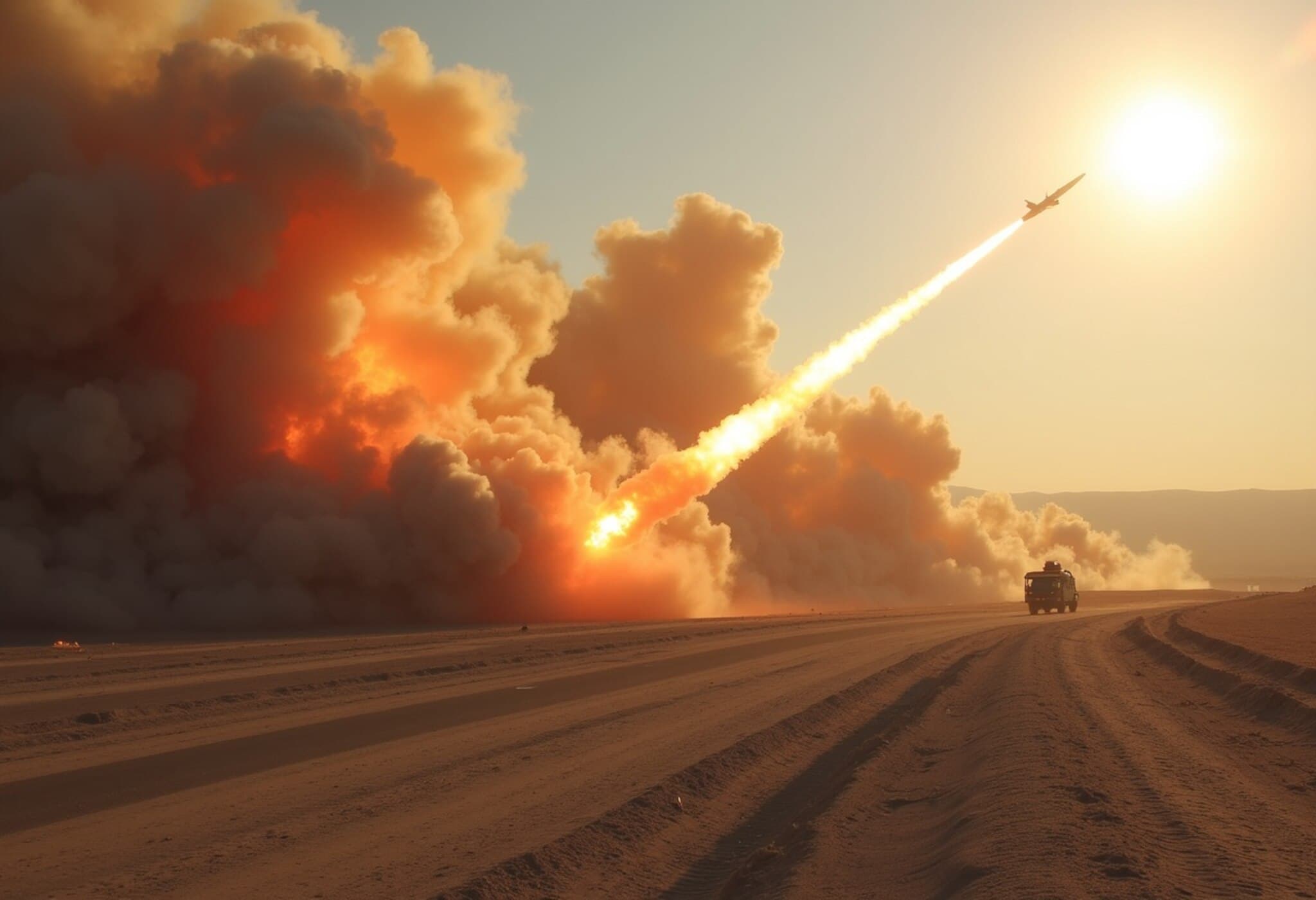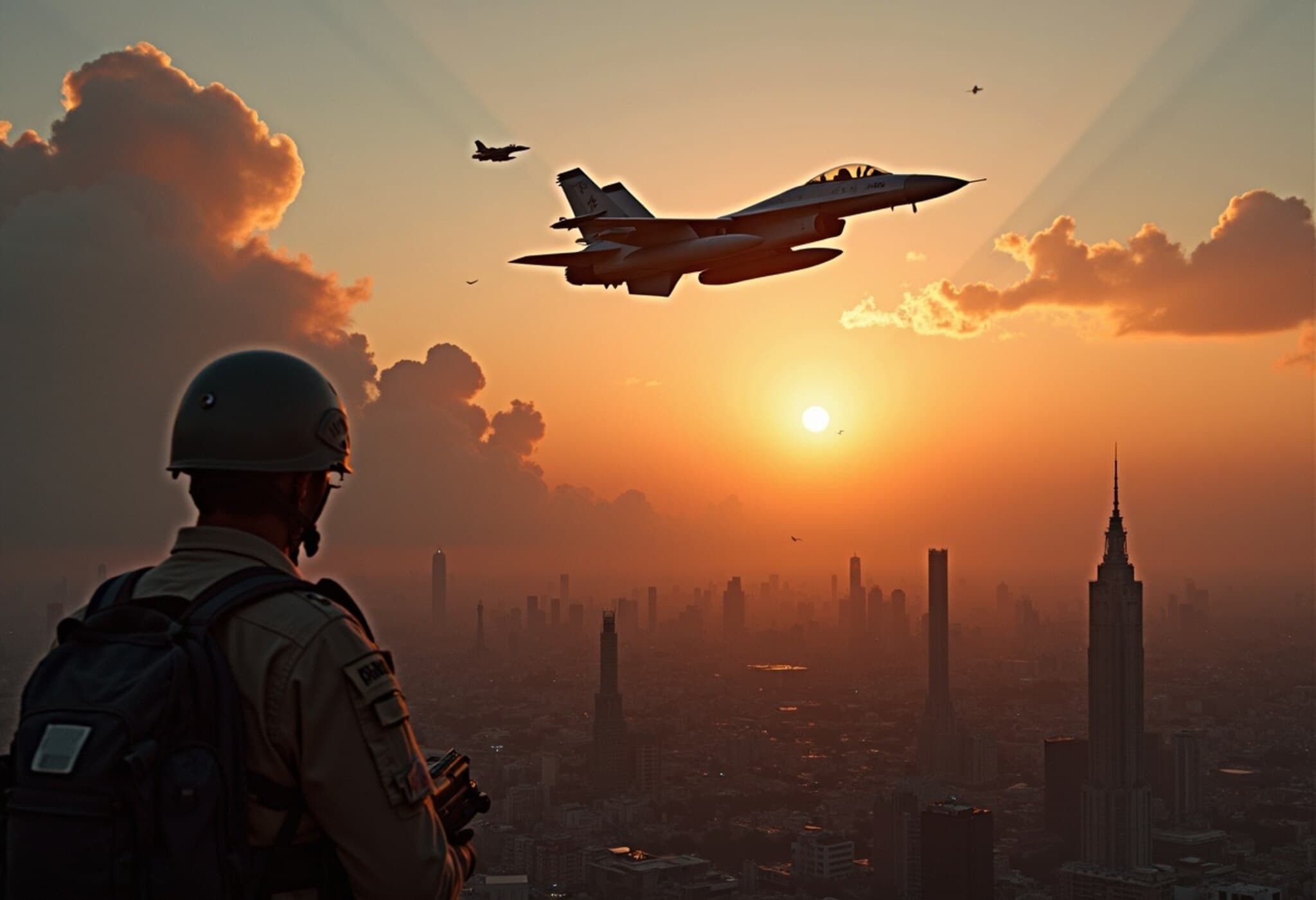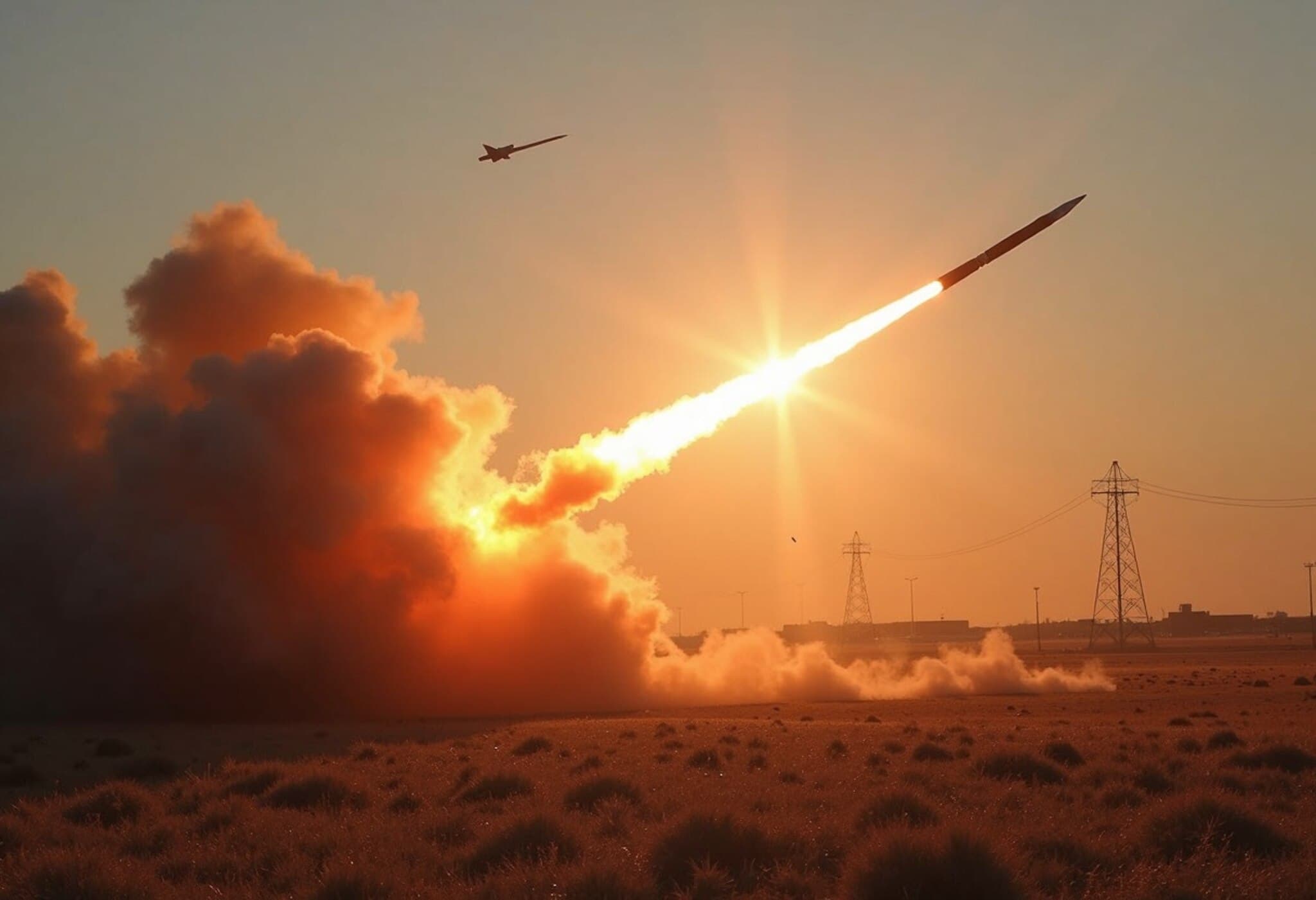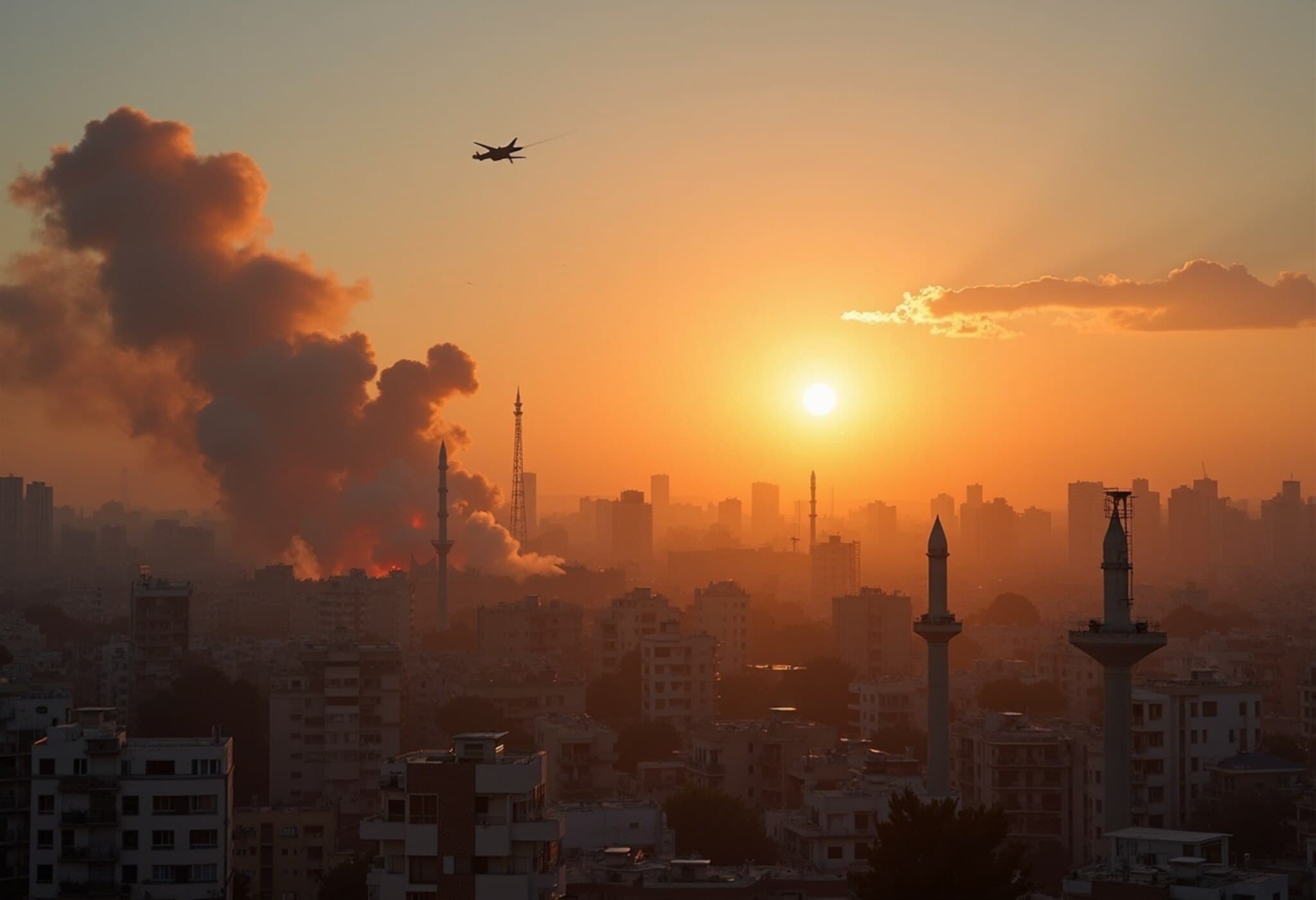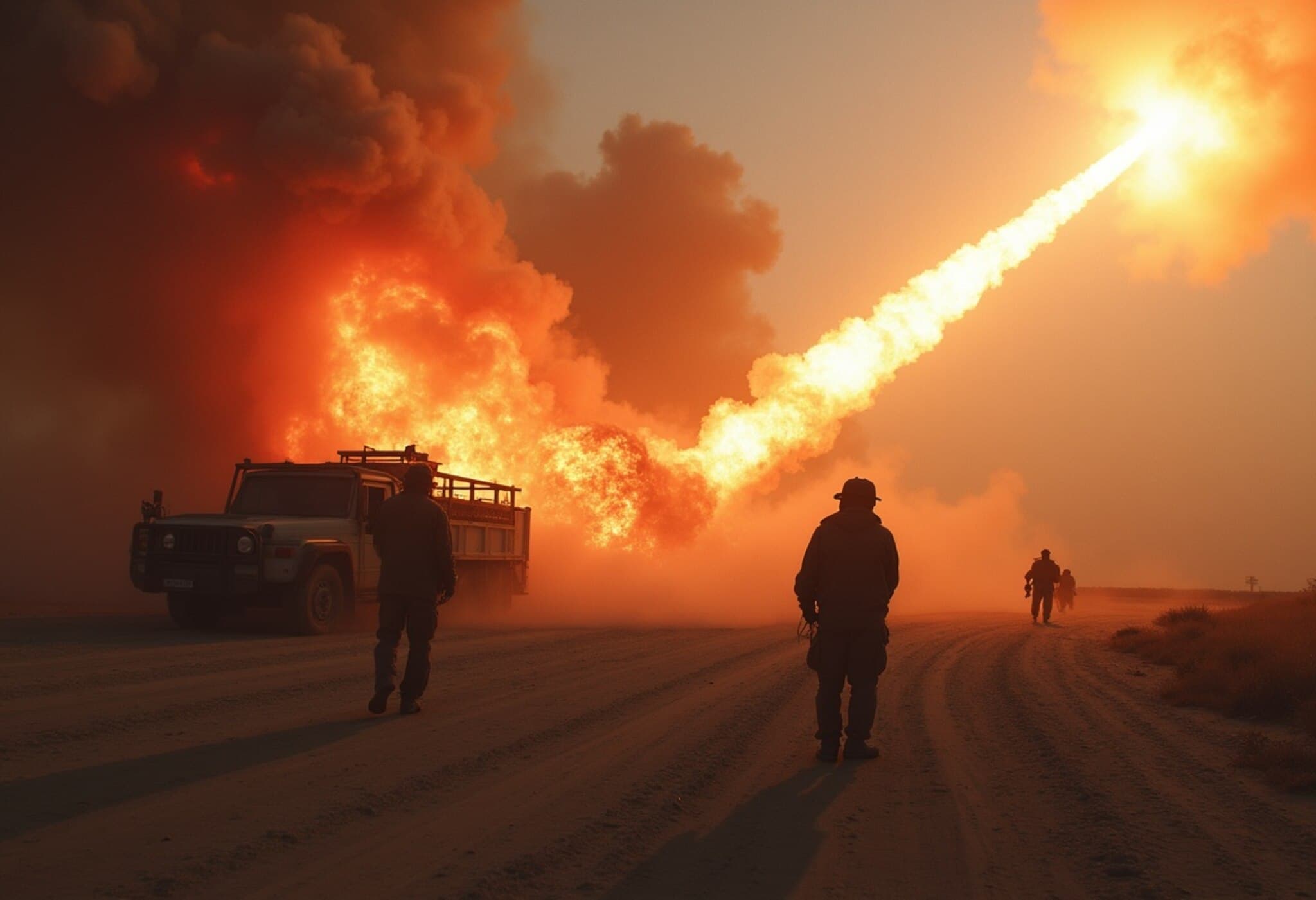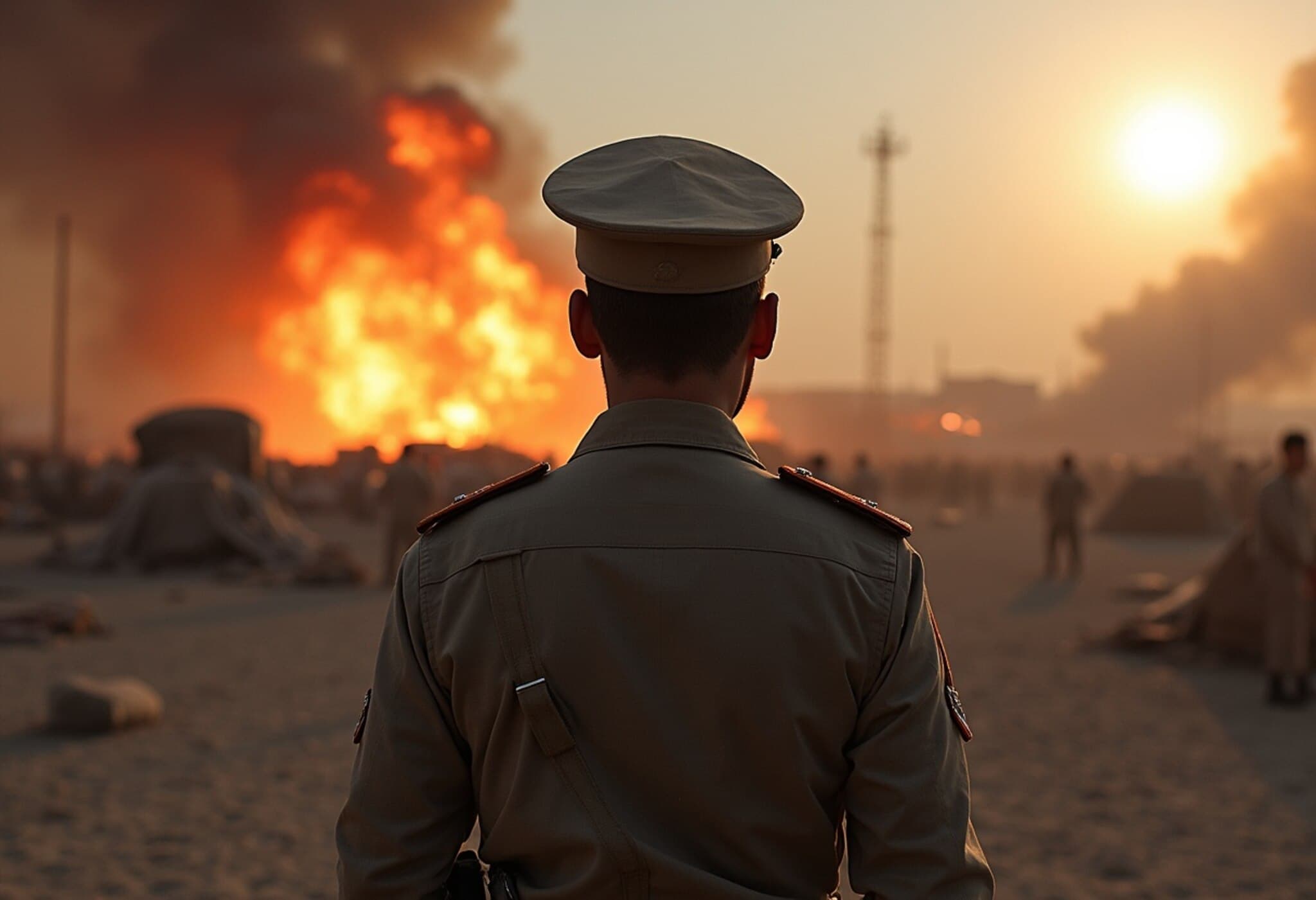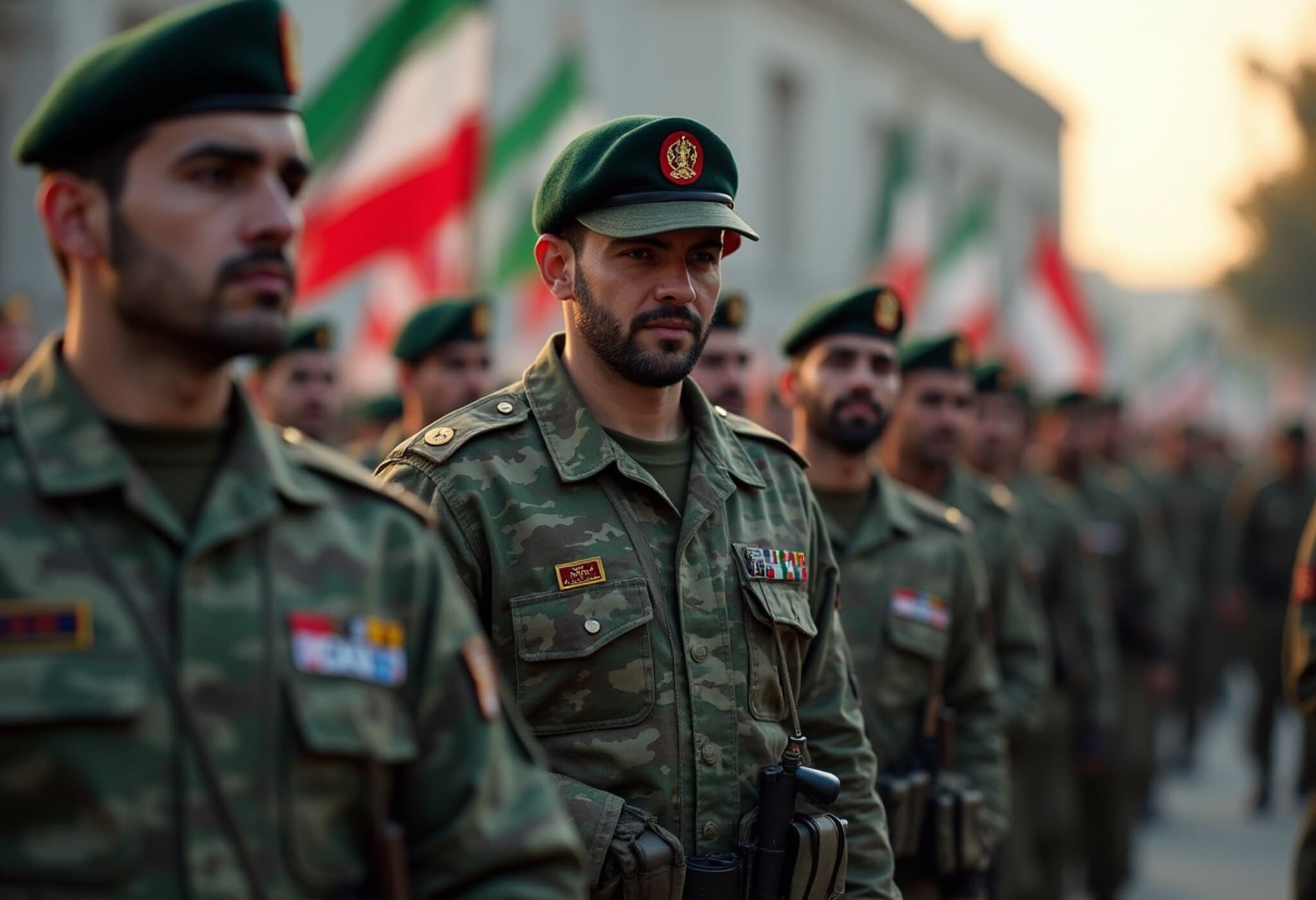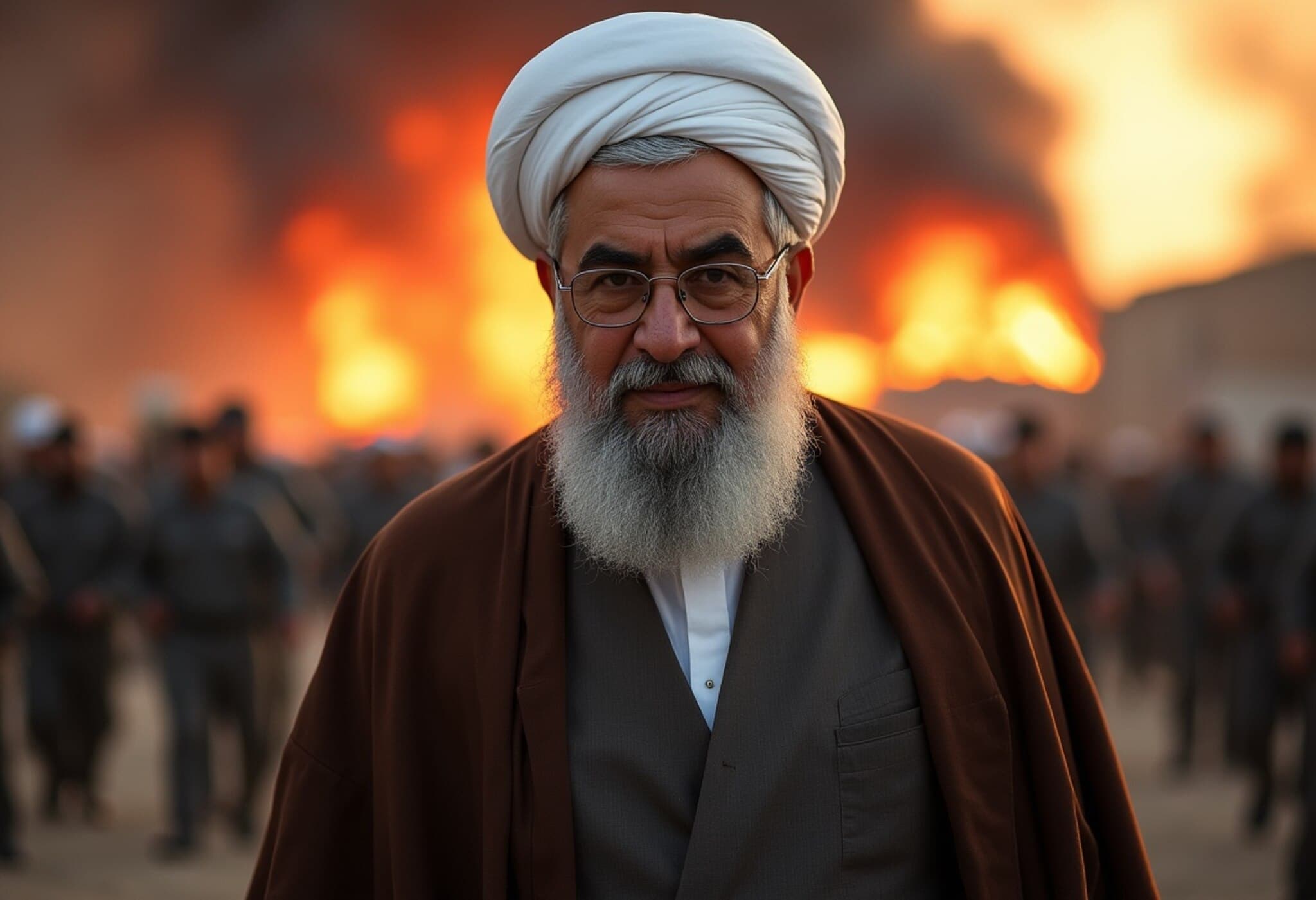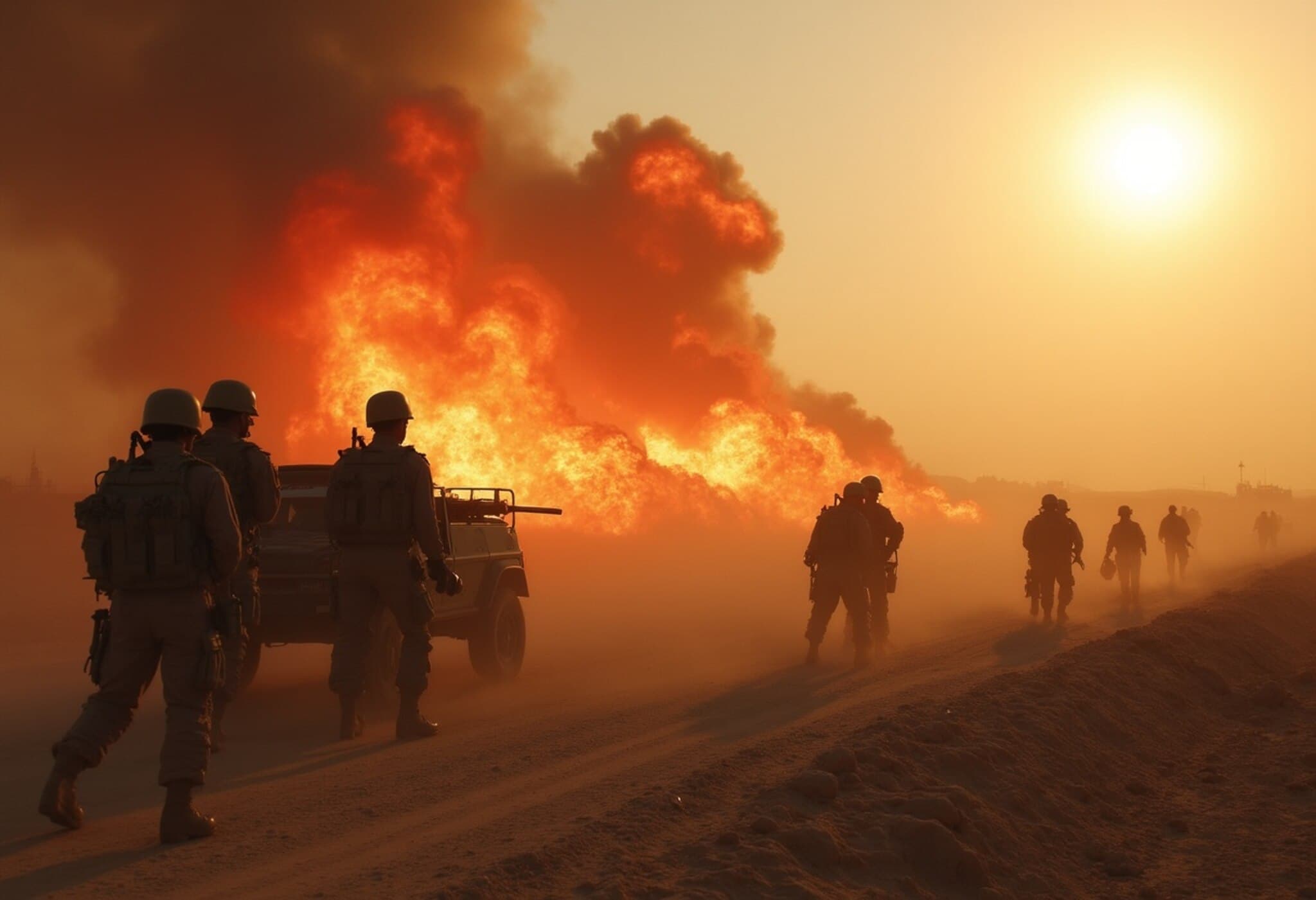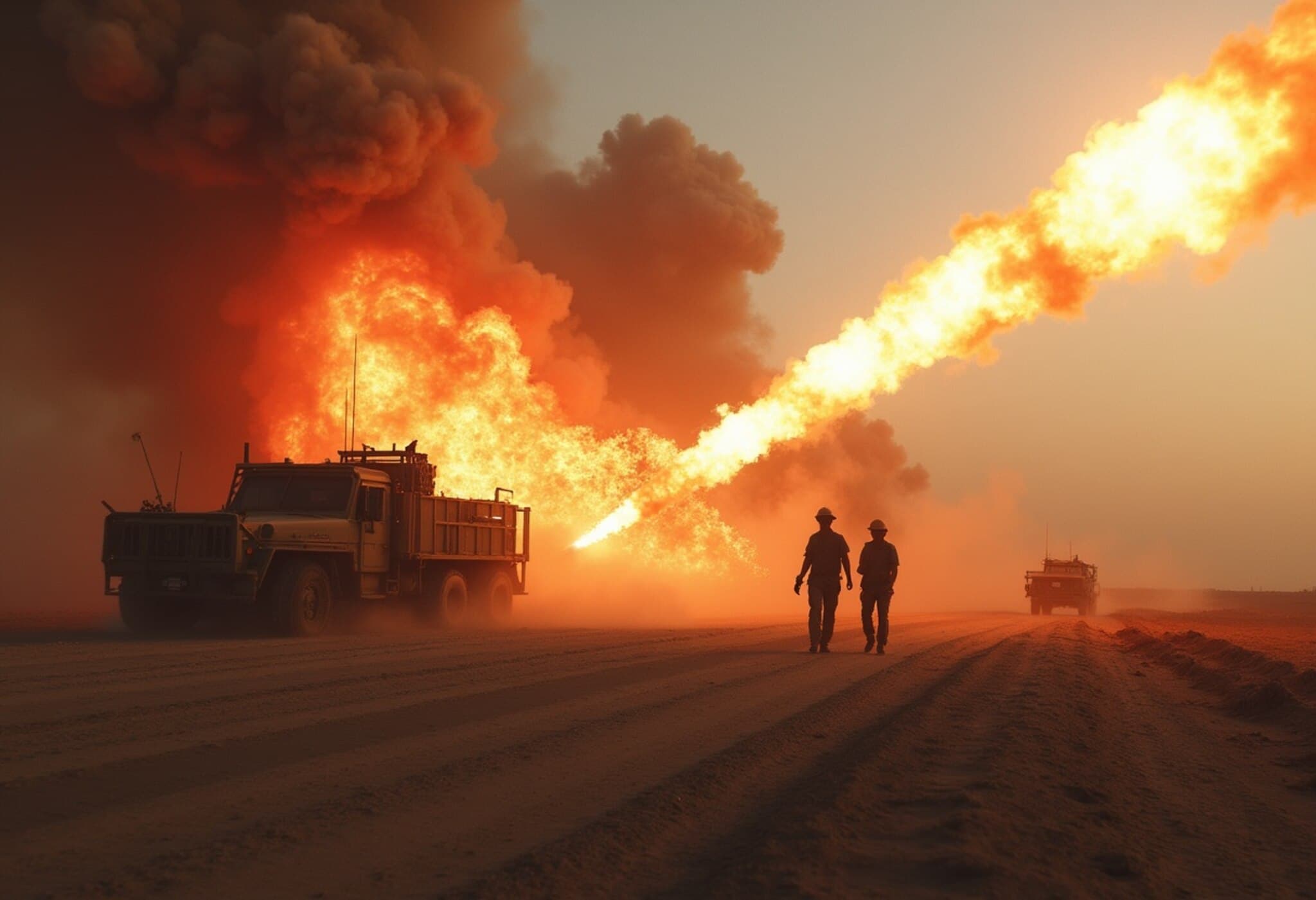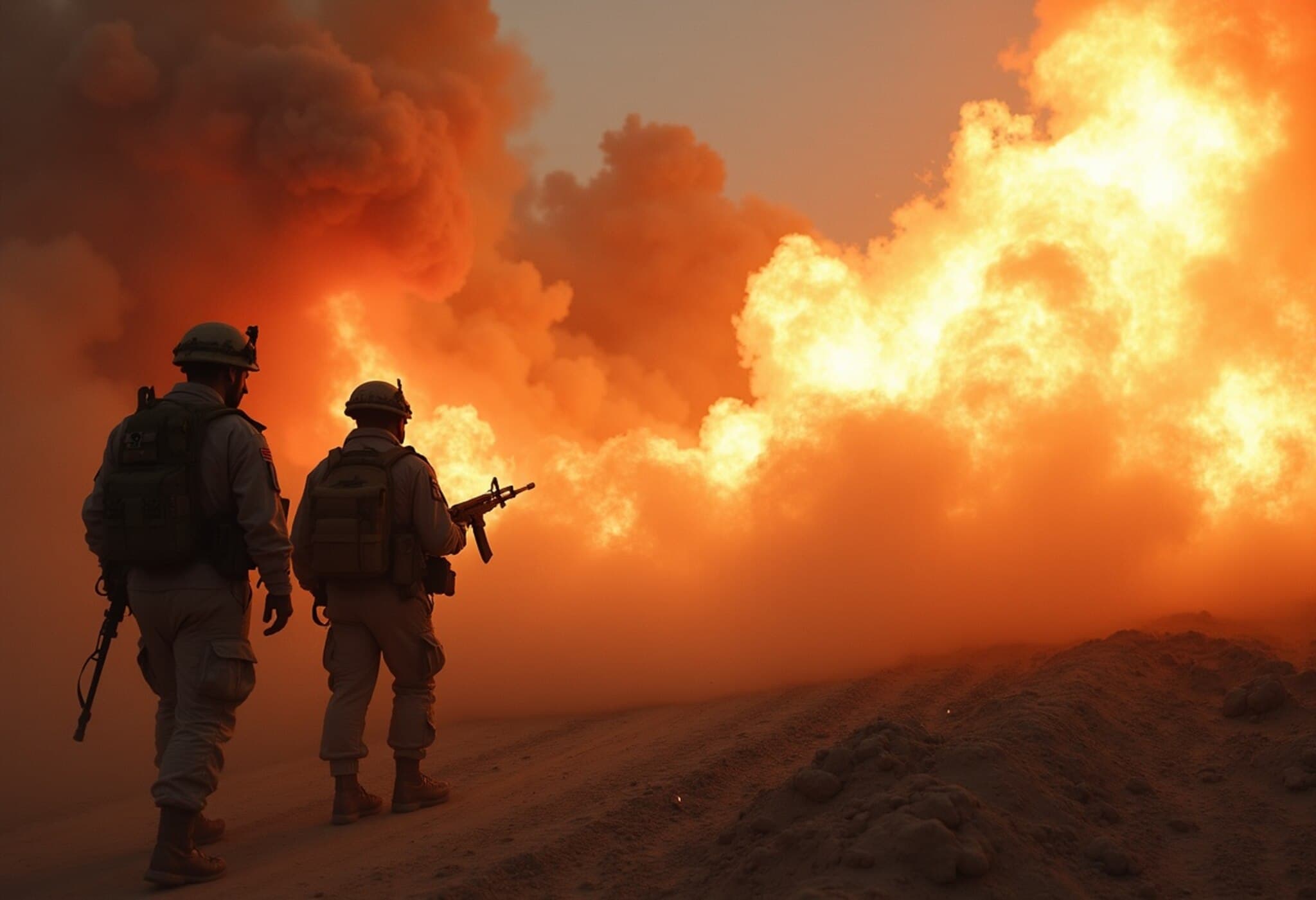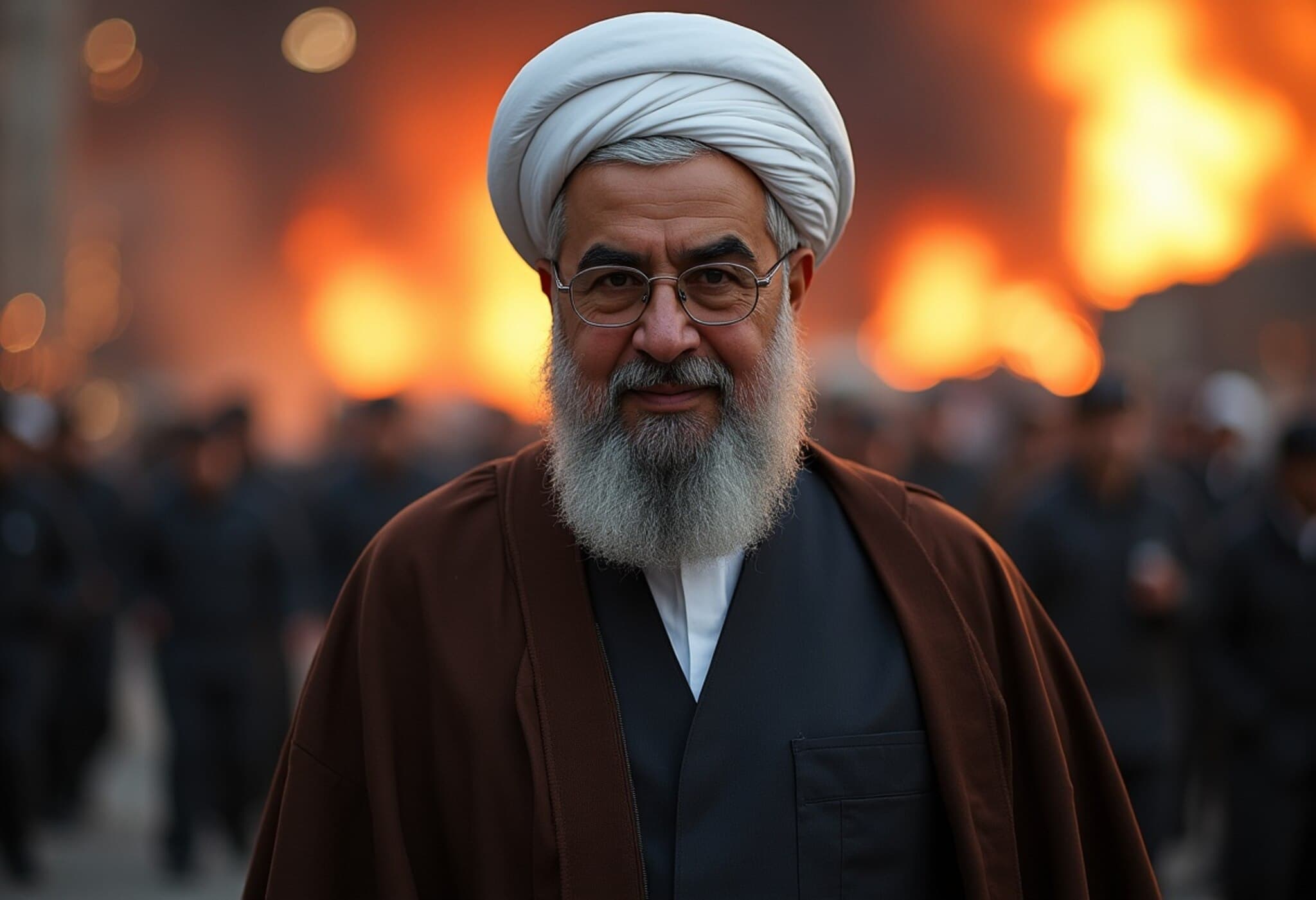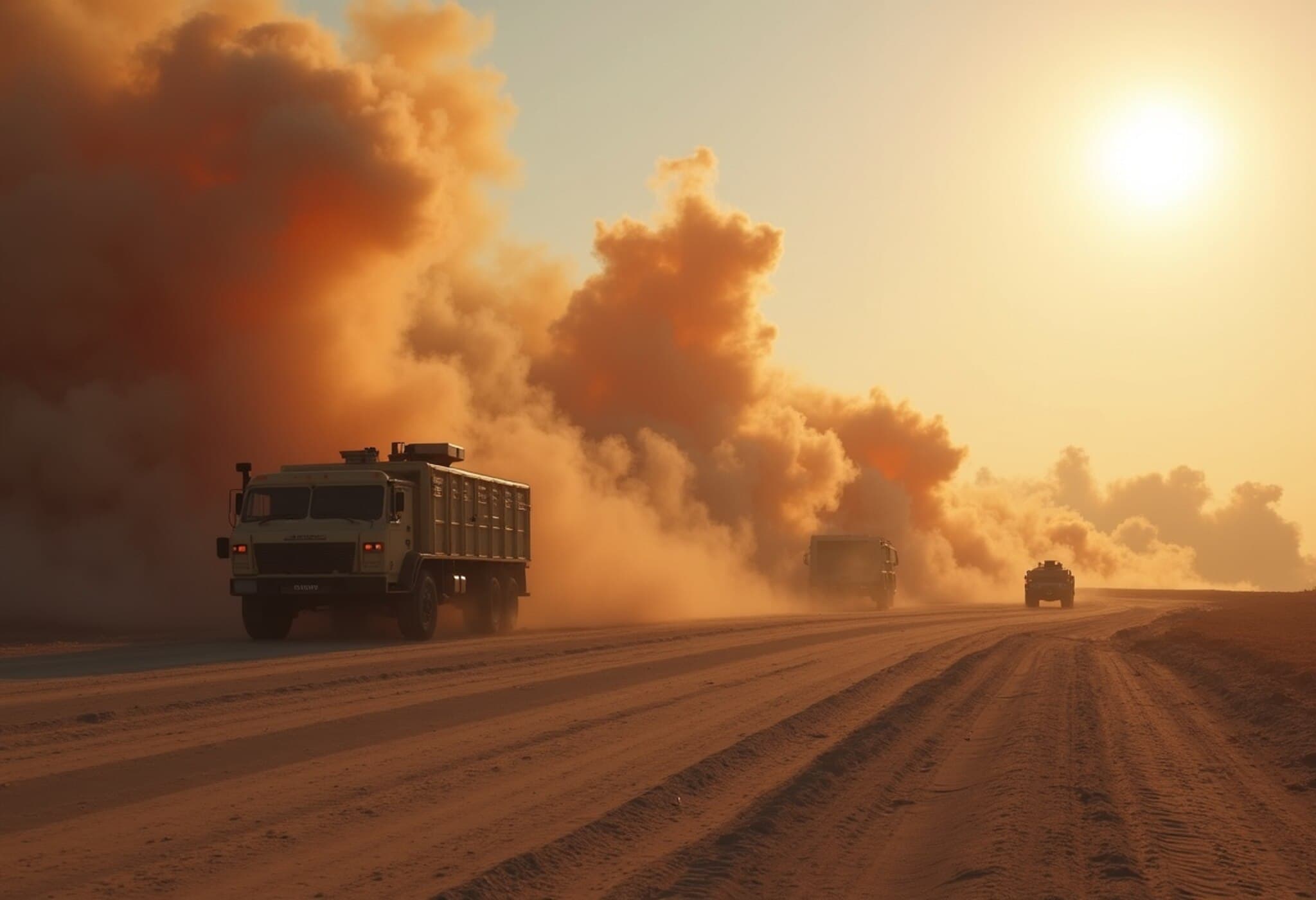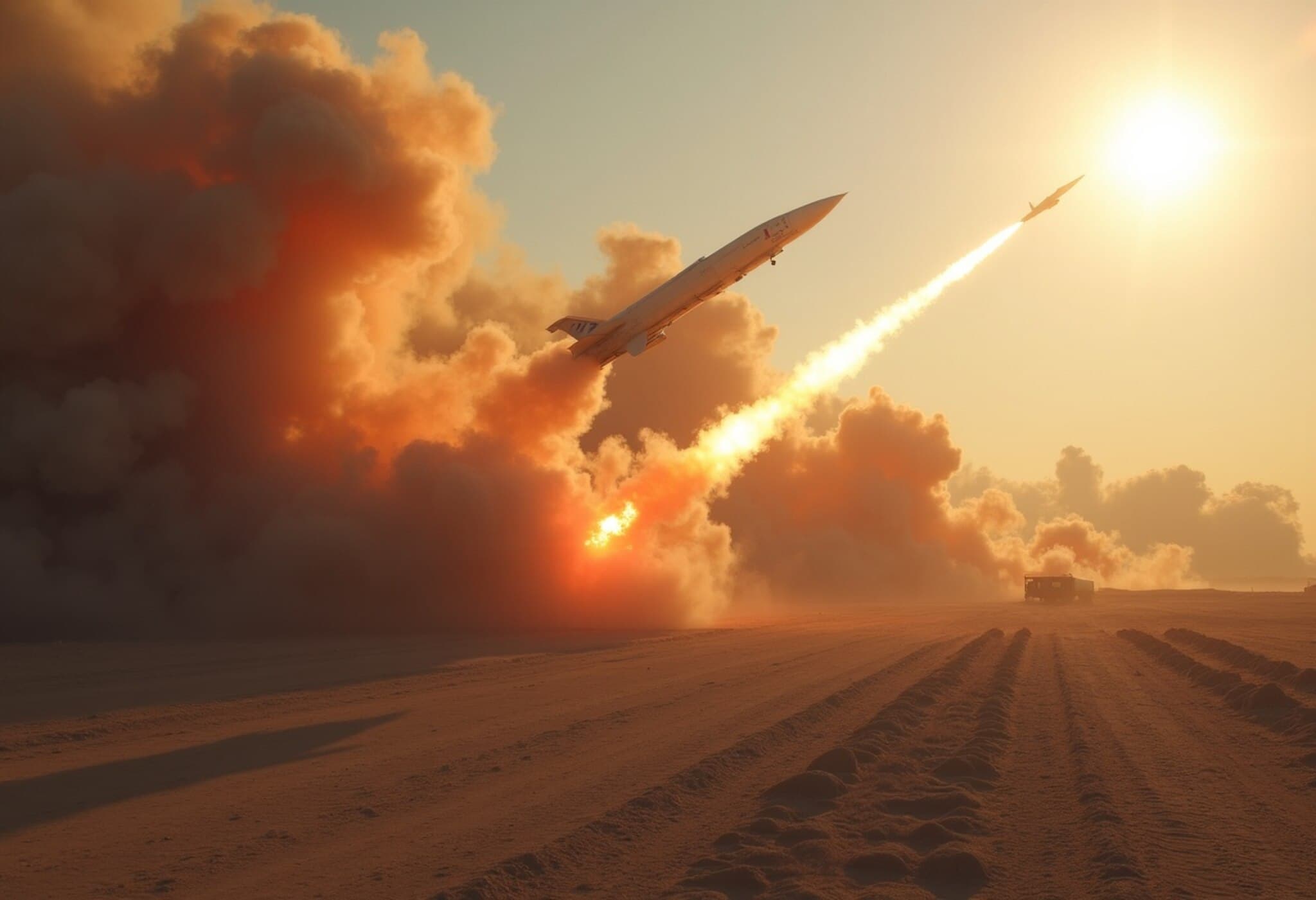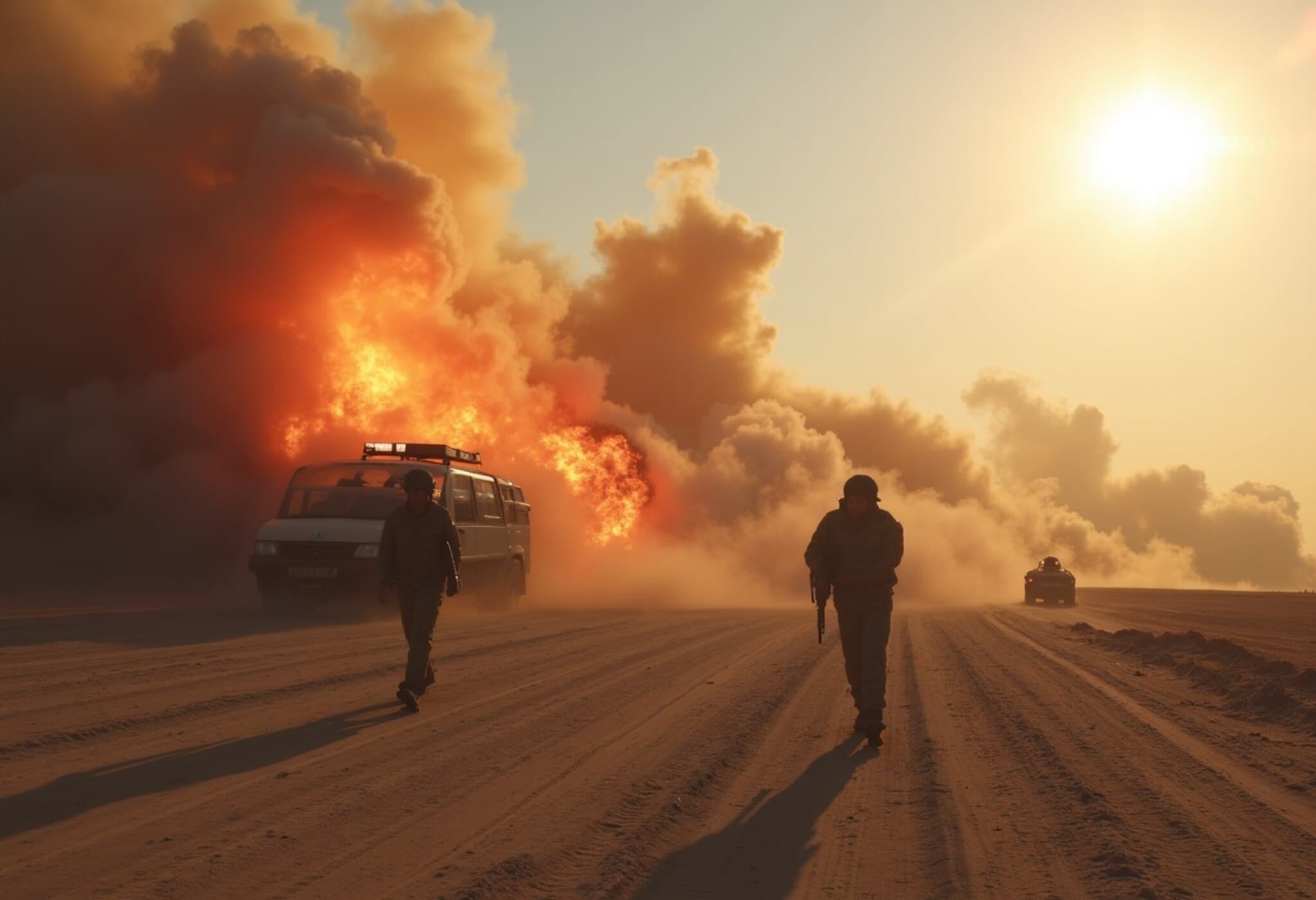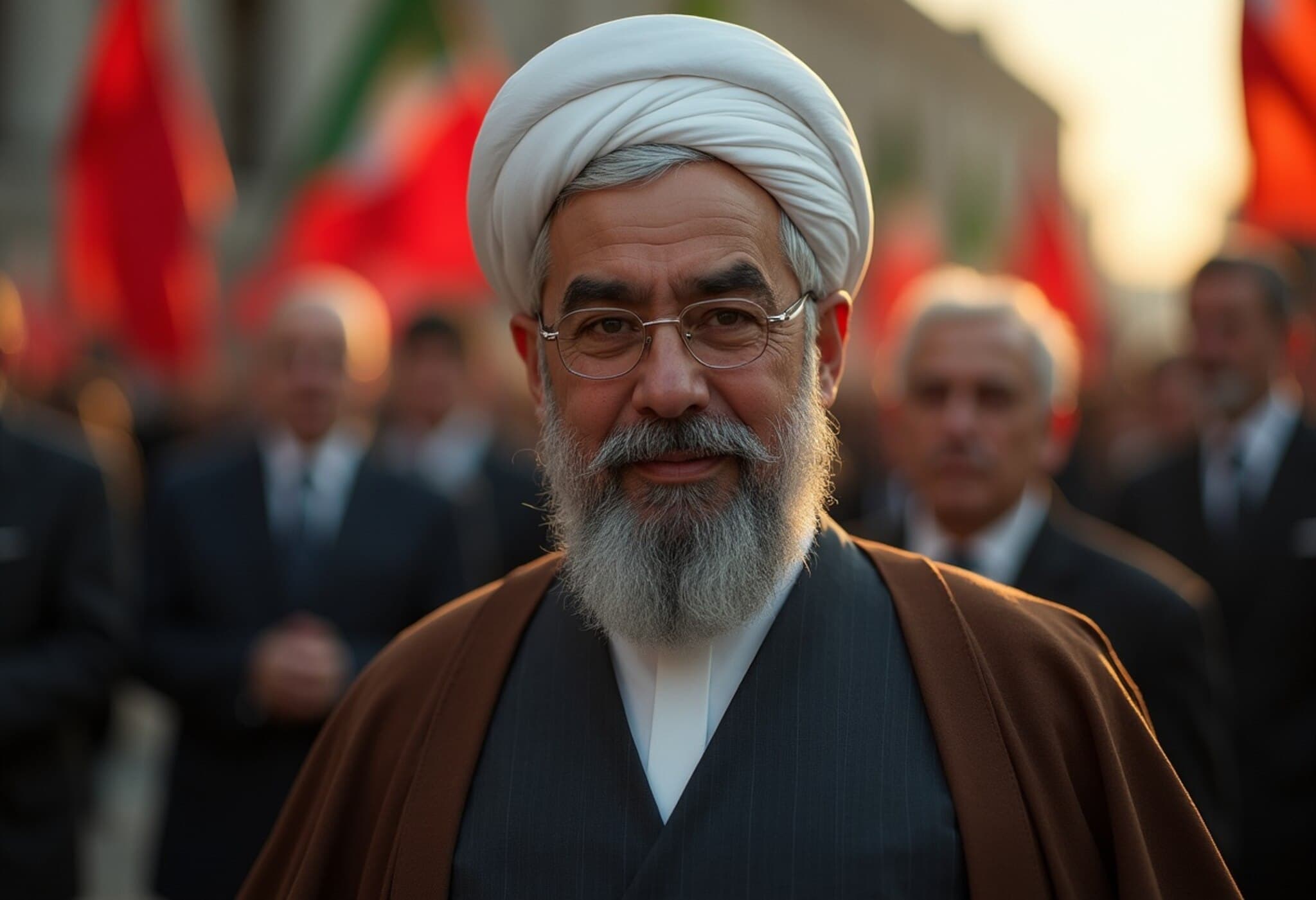Iran Launches Missile Attacks on U.S. Military Bases in the Middle East
In a dramatic escalation of tensions, Iran's armed forces announced missile strikes on U.S. military installations in Qatar and Iraq. These attacks were reportedly in retaliation for recent U.S. airstrikes targeting key Iranian nuclear facilities over the weekend.
The missile strike notably targeted the Al Udeid Air Base in Qatar, one of the largest U.S. military hubs abroad, housing around 10,000 troops. Iranian state media described the assault as a "powerful and destructive missile strike," emphasizing its impact. However, Qatari defense officials and U.S. sources confirmed that no casualties occurred during the attack.
Multiple Bases Warned Amid Rising Regional Tensions
Additional U.S. bases throughout the Middle East, including locations in Bahrain and other Gulf states, reportedly received alerts of imminent threats from Iran, hinting at a coordinated campaign of pressure across the region.
The Iranian military operation has been named "Basharat al-Fath," which translates to "Glad Tidings of Victory," signaling Tehran’s intent to send a firm message in response to recent U.S. actions.
Impact on Regional Air Travel and Security Measures
The missile attacks have prompted significant disruptions in commercial aviation across the Persian Gulf. Kuwait Airways announced an indefinite suspension of all flights departing from the country, while EgyptAir canceled all flights to and from Gulf cities until further notice.
- Qatar closed its airspace to commercial flights shortly before the missile strike on the Al Udeid base.
- Bahrain also suspended air traffic temporarily amid escalating tensions.
- Flights over the United Arab Emirates’ airspace were diverted or canceled, leading to widespread disruptions.
Airlines React to Growing Instability
Leading international carriers have scaled back services to regional hubs such as Doha and Dubai, offering passengers alternative travel options as the situation unfolds. The airspace closures and flight disruptions underscore the heightened risk perception surrounding the conflict.
Intelligence Insights: No Nuclear Material Moved Before U.S. Airstrikes
U.S. intelligence reports indicate that Iran did not relocate nuclear materials from its Fordo facility prior to the U.S. bombardment, contradicting some earlier assessments. Instead, officials believe Iran may have increased nuclear material storage at Fordo, confident in the site's perceived impregnability.
A senior senator noted that this suggests the facility remains a critical component of Iran’s nuclear infrastructure despite recent attacks.
Official Responses and Diplomatic Stances
Qatar’s Ministry of Foreign Affairs condemned the missile attack emphatically, denouncing it as a flagrant violation of their sovereignty and international law. The spokesperson underscored that Qatar's air defenses successfully intercepted the incoming missiles and that the base was evacuated beforehand. No injuries were reported.
The statement also affirmed Qatar’s right to respond proportionately to the aggression under international law.
U.S. Government and Market Reactions
President Donald Trump convened a meeting with his national security team, including the Secretary of Defense and top military leaders, in the wake of the missile attacks. This session in the White House Situation Room aimed to assess the evolving crisis and coordinate a response.
Despite the strikes, financial markets remained relatively stable. Investors appear to interpret Iran’s missile launches as a limited retaliation, as opposed to a broader escalation targeting critical infrastructure such as oil shipments through the Strait of Hormuz or Gulf energy production facilities. Following initial volatility, oil prices retreated as uncertainty eased.
Summary
The missile strikes mark a significant episode in the mounting tensions between the U.S. and Iran, with military, diplomatic, and economic ramifications across the Middle East. As regional airspace closures persist and governments issue stern warnings, the world watches closely for the next developments.

